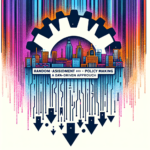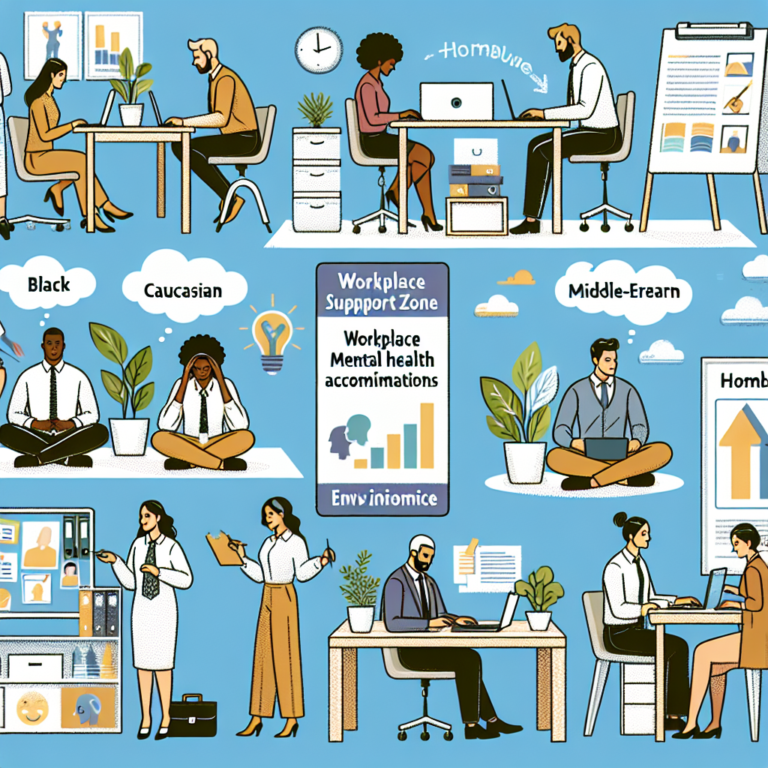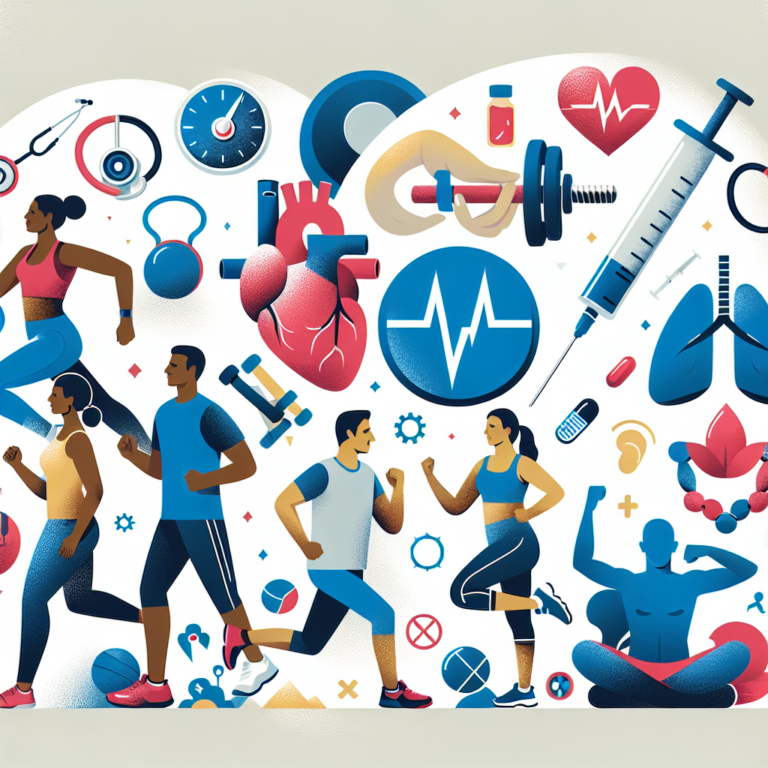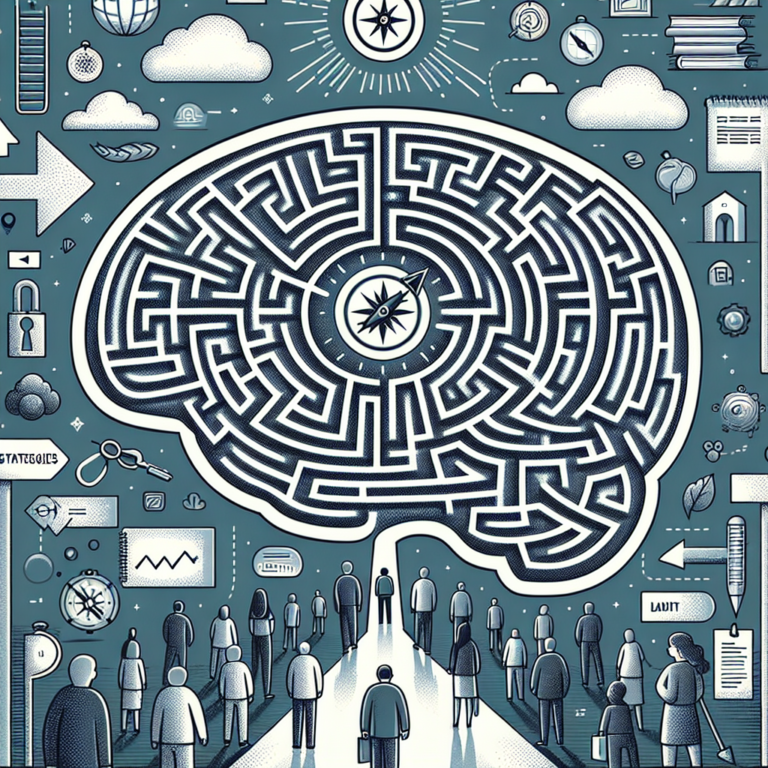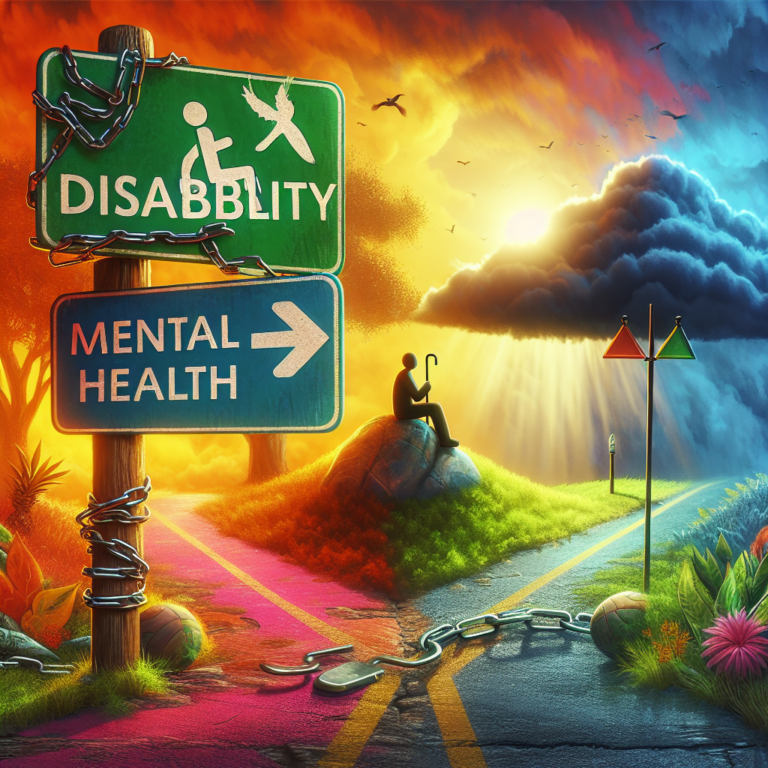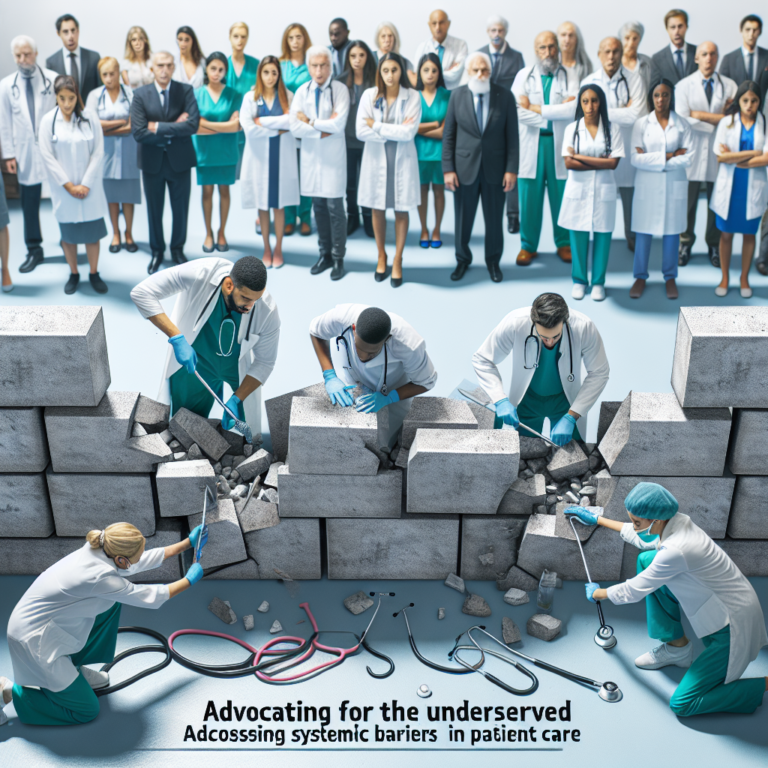
Introduction
Imagine waking up one day and not being able to communicate, remember vital daily tasks, or even recognize loved ones. For stroke survivors, this is often a painful reality. Stroke—the sudden loss of brain function due to disrupted blood flow—leaves not just physical scars but also cognitive ones. This is where Cognitive Rehabilitation for Stroke Survivors: A Path to Recovery and Renewal comes into play, offering hope and valuable strategies for rehabilitation. This article dives deep into this transformative process, showcasing the importance of cognitive rehabilitation in aiding stroke survivors to regain their mental faculties and reintegrate into daily life.
Understanding Stroke and Its Impact on Cognition
What Is a Stroke?
A stroke occurs when the blood supply to part of the brain is interrupted or reduced, preventing brain tissue from receiving vital oxygen and nutrients. This may lead to various physical and cognitive impairments, including problems with speech, memory, and reasoning.
| Type of Stroke | Description | Impact |
|---|---|---|
| Ischemic Stroke | Blockage of blood vessels | Often results in sudden weakness or paralysis and cognitive impairment. |
| Hemorrhagic Stroke | Rupture of blood vessels | May lead to serious brain injury and cognitive deficits. |
| Transient Ischemic Attack (TIA) | Temporary blockage | Similar symptoms but typically resolves quickly, making it a significant warning sign. |
Cognitive Impact of Stroke
Strokes can lead to several cognitive deficits, including:
- Attention deficits: Trouble focusing or sustaining attention on a task.
- Memory loss: Difficulty remembering past events or new information.
- Language difficulties: Challenges in speaking or understanding speech.
- Executive function impairments: Trouble planning, organizing, or executing tasks.
Understanding these impacts is crucial, as it sets the stage for effective interventions, such as Cognitive Rehabilitation for Stroke Survivors: A Path to Recovery and Renewal.
What Is Cognitive Rehabilitation?
Definition and Purpose
Cognitive rehabilitation refers to a variety of therapeutic strategies aimed at helping individuals regain cognitive abilities lost due to brain injury or illness. Its primary purpose is to improve functioning in daily life by enhancing cognitive skills.
Key Components of Cognitive Rehabilitation
- Assessment: Personalized evaluation to determine specific cognitive deficits.
- Goal Setting: Collaboration between patients and therapists to set achievable cognitive goals.
- Intervention Strategies: Tailored therapeutic activities focused on improving attention, memory, and problem-solving skills.
- Feedback and Adjustment: Ongoing monitoring of progress and modification of strategies as needed.
The Process of Cognitive Rehabilitation for Stroke Survivors
Individualized Treatment Plans
Every stroke survivor has unique needs. Individualized treatment plans are crucial for ensuring effective rehabilitation. The process often starts with a comprehensive neuropsychological assessment to identify areas of difficulty. Based on these findings, therapists design personalized strategies that may include:
- Memory exercises: Activities that help strengthen memory retention and recall.
- Problem-solving tasks: Engaging tasks that encourage critical thinking.
- Language therapy: Techniques aimed at improving verbal communication skills.
Incorporating Technology
The advent of technology has also provided new avenues for cognitive rehabilitation. Digital applications and virtual reality can create immersive environments for brain exercises, making rehabilitation more engaging and effective.
Case Study: John’s Journey
Background: John, a 62-year-old stroke survivor, experienced significant memory loss and difficulty concentrating.
Assessment: A thorough evaluation revealed deficits in short-term memory and attention span.
Intervention: His rehabilitation plan included memory games, attention-demanding tasks, and the use of smartphone applications designed for cognitive training.
Outcome: Over six months, John exhibited notable improvement. He regained significant memory function and could focus on tasks for longer periods. His wife reported that he resumed reading books, an activity he loved but had previously abandoned.
Rehabilitative Therapies in Action
Cognitive rehabilitation often employs a variety of therapies, including:
- Neuropsychology: Focused therapies addressing cognitive deficits.
- Occupational Therapy: Activities that facilitate daily living skills.
- Speech and Language Therapy: Enhancing communication abilities.
Evidence Supporting Cognitive Rehabilitation
Research Insights
Numerous studies support the efficacy of cognitive rehabilitation. For instance:
- A randomized controlled trial published in the Journal of Stroke found that structured cognitive rehabilitation significantly improved cognitive function in stroke survivors.
- Another study indicated that stroke survivors engaged in cognitive rehabilitation showed greater improvement in daily living activities compared to those who did not participate in such programs.
The Importance of Early Intervention
Early intervention plays a critical role in recovery. Engaging in cognitive rehabilitation shortly after a stroke can lead to better long-term outcomes. Many programs emphasize starting rehabilitation within the first few weeks post-stroke to leverage neuroplasticity—the brain’s ability to adapt and reorganize itself.
Barriers to Cognitive Rehabilitation
Accessibility and Resources
While cognitive rehabilitation offers transformative benefits, barriers such as lack of access to qualified therapists and financial constraints can impede recovery for many stroke survivors. Public health initiatives aimed at increasing access to cognitive rehabilitation programs are needed to address these disparities.
Patient Motivation and Engagement
Another significant barrier is keeping patients engaged in their rehabilitation journey. It’s essential for therapists and family members to create a supportive environment that fosters motivation. Regular communication about progress and positive reinforcement can make a significant difference.
Conclusion: A Journey Towards Renewal
Cognitive rehabilitation is a powerful tool for stroke survivors, offering a path to recovery that goes beyond basic rehabilitation. By addressing cognitive deficits, these tailored interventions empower individuals to reclaim their lives, enhancing their capacity to engage in meaningful activities and improve their quality of life.
By focusing on Cognitive Rehabilitation for Stroke Survivors: A Path to Recovery and Renewal, we embrace the transformative potential of the human brain, inspiring hope and resilience in the face of adversity. Every small victory, from regaining a memory to successfully completing a task, symbolizes a step toward renewal—reminding us that recovery is not only possible but powerful.
FAQs
1. What is the role of therapy in cognitive rehabilitation for stroke survivors?
Therapists play a crucial role in assessing deficits, creating personalized rehabilitation plans, and implementing strategies tailored to improve cognitive function.
2. How long does cognitive rehabilitation typically last?
The duration varies depending on the individual, but many stroke survivors engage in rehabilitation for several months, with ongoing support available as needed.
3. Can cognitive rehabilitation improve communication skills?
Yes, therapies targeting language and speech can significantly enhance communication abilities for stroke survivors experiencing language deficits.
4. Are there specific exercises recommended for cognitive rehabilitation?
Yes, exercises can include memory games, attention tasks, and problem-solving activities. Each plan is personalized to meet the individual needs of the survivor.
5. How can family members support a loved one undergoing cognitive rehabilitation?
Family members can support their loved ones by encouraging participation in rehab activities, providing positive reinforcement, and celebrating achievements, no matter how small.
Incorporating cognitive rehabilitation into stroke recovery plans opens doors to renewed independence, cognitive ability, and hope for many survivors. Through dedication and tailored strategies, cognitive rehab paves the way for a brighter future, proving that with the right support, recovery is indeed a journey toward renewal.
